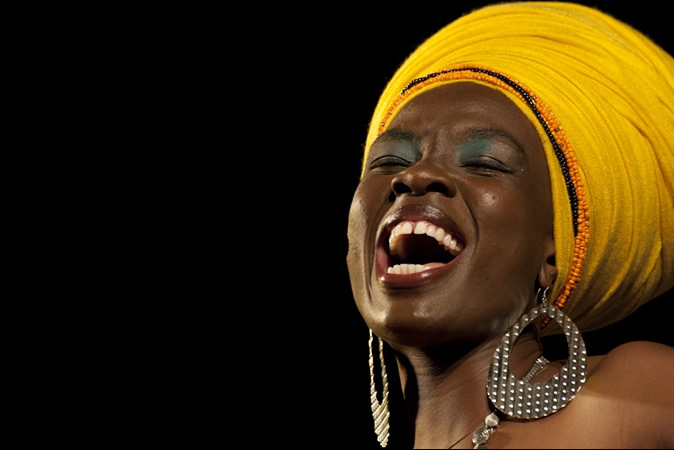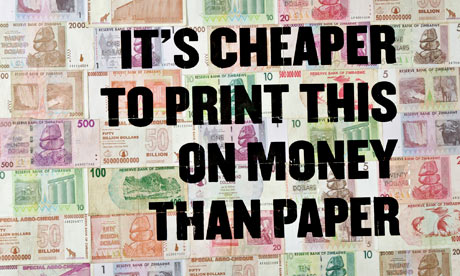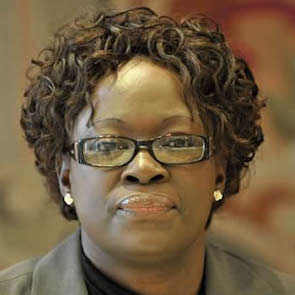
Dudu Manhenga
The stage glows with shades of blue, the glitter ball casts a thousand stars …
She walks in tall and svelte, her eyes dancing
Her passion and enthusiasm is infectious
Her delivery is tight, on par with top music acts in the Southern African region, and indeed the world.
Her style is influenced by the great Afro jazz singers.
The power of her voice and the dignity of her delivery make the audience sit up and listen transporting them on the highways and byways of the rhythms of jazz.
Meet Dudu Manhenga. And the Color Blu.
Involved in music from a very early age and influenced by Bulawayo based Amakhosi productions Dudu says, “the art called out to me, I never intended to be an artist.
When my Mama first saw me perform on stage using a microphone, at my grade one prize giving at St Bernards in Pumula, she said, “I knew this was going to be trouble!’”
She has travelled a long road since and her current offering is Solo Encounter’s running at REPS theatre from the 17th – 21st of March. It’s a close-up interaction with the afro-jazz artist. “Most of the time when I perform in clubs I don’t get intimate time with my audience. A solo encounter makes it feel like the audience has a one on one with me. It’s an interactive show, people can make requests, ask questions and discuss the songs, they can actively be part of shaping the show”, she says.
Her songs explore the politics of the self. She sings different aspects of women being. It’s an organic performance and it does indeed feel like we’re home, the audience responds, soon leaving their seats to dance in the aisles.
Backing Dudu for this series is the jazz group Color Blu. The current line-up is Blessing Muparutsa (drums), Nick Nare (keys), Enoch Piroro (bass), Strovas on percussion, David Machaka (watch out for him) and Victor Muparutsa (backing vocals). Tino Bimha, and Zanele Manhenga also provide backing vocals or the show.
She laughs as she says of the 5 men “I am the rose among the thorns” and then more seriously notes, “It’s a statement that says it’s ok for men, lots of them, to stand behind a women. And still be men. The guys are beautiful, amazing and talented.” The band also performs music from their forthcoming debut album.
Solo Encounters will be recorded for Dudu’s next live album offering, and her first two CDs, Dudu Manhenga and the Colour Blu and Jula are available for sale along with her distinctive, funky merchandise.
The diva is also a major contributor to the Female Literary Arts Music Enterprise (FLAME), for the development and promotion of women artists, run by Pamberi Trust.
The programme includes workshops and performances for young women entering into the industry. Sisters Open Mic is one such space, a performance programme for emerging women artists, that runs every second Saturday from 2pm – 5pm at the Book Café in Harare.
She notes how in Zimbabwe “…being an artist is not considered worthwhile”. She laughs as she recounts how her mother’s friends would ask after her by enquiring whether “she had found a job yet?” Zimbabwe has so much talent that is often unrecognised within the country. The music industry is tough on women, sexism is rife and the economic climate means things are tough. But the workshops provide up and coming performers with necessary skills, support and solidarity to begin navigating through the terrain.
Dudu notes that the ground is fertile for artists to blossom as long as people think out of the box and pull together, “we need a culture where we are prepared to give to each other and to contribute to the change that we want.” Ultimately we need to encounter each other as people. She is under no illusion that it is going to take a lot for things to change in the lcaol music industry and the country, but despite this it is clear that Dudu Manhenga is here to stay.
The lyrics of her last song in the solo encounters repertoire clearly communicates her message. It’s hypnotic. Her voice is clear: “I want you to create, innovate, elevate, don’t be afraid. I want you to create, innovate, elevate, don’t be afraid.” She explains in recitative that “if you are creative, I can create, if you are elevated, I can elevate”.
Look out for Dudu Manhenga and if she comes to a city near you go and enjoy the afro jazz of one of Zimbabwe’s foremost women in jazz who continues to thrill her listeners with beautiful melodies and exciting rhythms, fused with intricate contemporary styles and techniques of the world in which she lives.
(Photo Credit: Bulawayo24)



